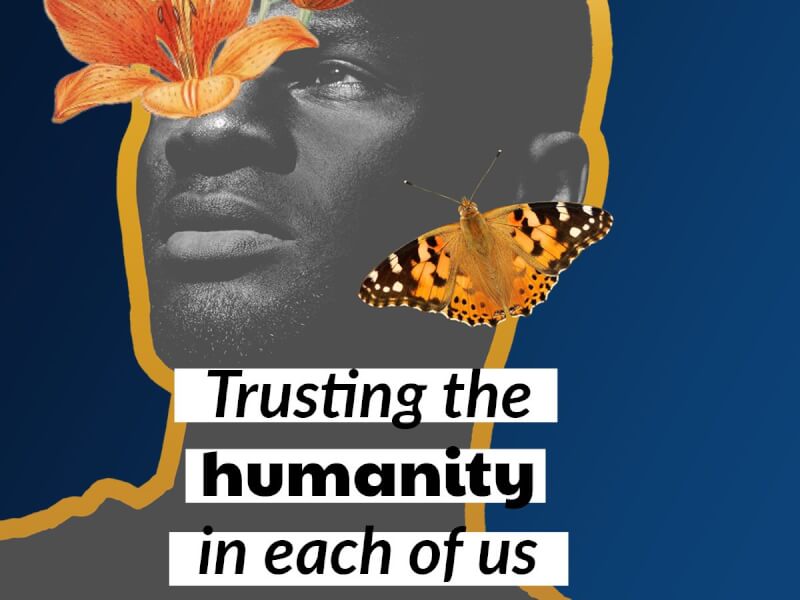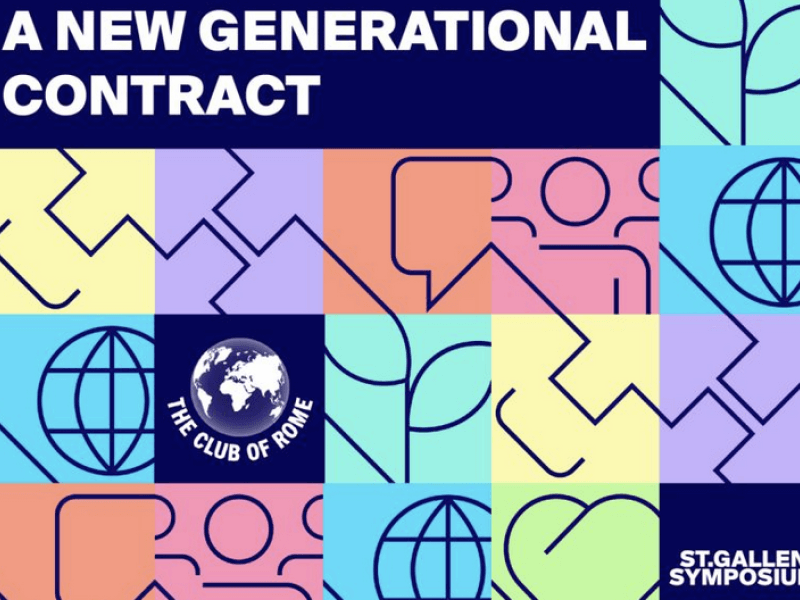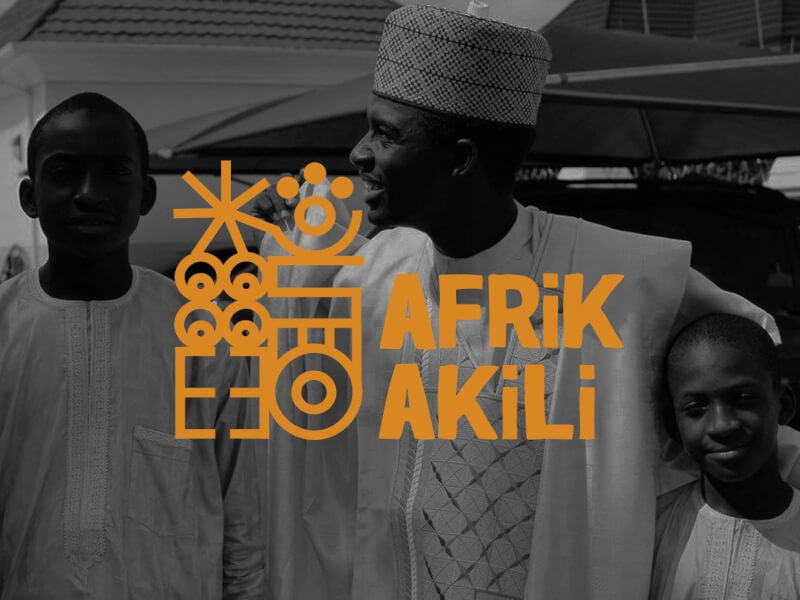14 February 2024 – The Fifth Element programme of The Club of Rome and The World Environmental Education Congress are joining forces to collaborate on a new project, sparked by the 45th anniversary of the report No Limits to Learning. The collaboration will focus on the transformative and regenerative function of learning at its full potential.
Overcoming the challenges that humanity is facing today will require a cultural transformation with collective learning at its heart. The Fifth Element’s vision is to explore and facilitate the recognition of blind spots and help catalyse the emergence of a revolution of mindsets towards equitable wellbeing on a healthy planet.
In the opening ceremony of the 12th edition of the World Environmental Education Congress (WEEC) in Abu Dhabi, the Secretary-General of the WEEC Permanent Secretariat, Mario Salomone, announced this collaboration between The Club of Rome and the WEEC Network to address the multidimensional challenges of the current “polycrisis”.
“Learning processes are essential. Through learning, we acquire the elements to move between the paths of history and the cases of life. We can learn well or poorly. We can become selfish and individualistic or supportive and cooperative. We can absorb conservative or innovative knowledge. Unlike material growth, which is impossible on a finite planet, learning has no limits.” commented Salomone.
45 years after the publication of the report to The Club of Rome No Limits to Learning, the words of Aurelio Peccei, founder of The Club of Rome, are still valid and powerful: “What we all need at this point in human evolution is to learn what it takes to learn what we should learn – and learn it.” This quote serves as the guiding inspiration for this new collaboration between The Club of Rome and the WEEC Network.
One of the aims is to understand better what is still blocking the potential of human communities everywhere to learn by themselves their pathways to regenerative and hence sustainable futures. As put forward by No Limits to Learning, making learning participatory, anticipatory, innovative and integrative would shape the responses we need for desirable futures.
Carlos Álvarez Pereira, Secretary General of The Club of Rome, commented: “The resonance between so many initiatives of transformational learning all around the world is critical. Resonance creates the conditions for mutual learning and will ultimately lead to systemic change towards equitable wellbeing within a healthy planet”.
In 2021 The Club of Rome published Learning New Ways of Becoming Human to reframe the current polycrisis as a failure in our collective capacity to learn and highlight at the same time the huge potential at our hands, provided that people are allowed to learn and address the existential challenges in their own ways. The future of humanity depends on how we bet today on the humanity and capacity of everybody.
The collaboration between The Club of Rome and the World Environmental Education Congress Network will unfold over two years and result in a new publication as an update to No Limits to Learning in the light of the transformations that have occurred since then. This new report will be presented at the WEEC 2026.






